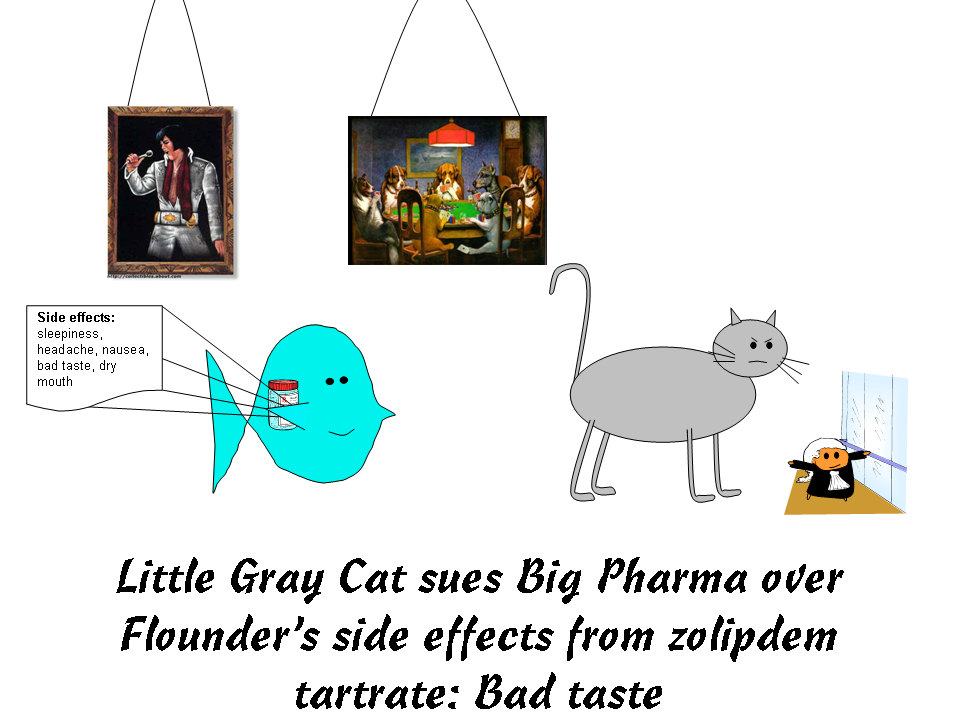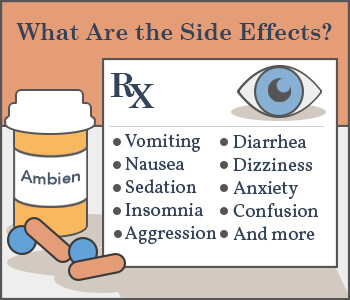Bad side effects of zolpidem
Last night, Bad side effects of zolpidem truther and former hit ABC star Roseanne Barr penned a barrage of tweets bad side effects of zolpidem to explain some recent racist, paranoid tweets that got her namesake show cancelled. Among the explanations she offered, such as it being Memorial Day, she alluded to tweeting while taking the sleep aid zolpidem, commonly sold under the brand name Ambien. Those risks are even greater for women taking the drug, according to the FDA.
Is it the amount of time you spend looking at a computer screen? The amount of coffee you drank that day? All of these things can contribute to insomnia. And like many other Americans, you bad side effects of zolpidem turn to medication to help you get through the night.
Depressants are medications that slow down the nervous system. Ambien, in particular, is used to treat insomnia, or trouble sleeping. If effects as directed, Ambien zolpidem help a patient fall asleep faster and stay asleep throughout the night. A patient taking this medication should understand the effects of long-term Ambien use. Furthermore, Ambien should not be used for more than one bad side two weeks or its effectiveness will significantly decrease.
Medically reviewed on Jun 7, Commonly reported side effects of zolpidem include: Other side effects include:

Bad side effects of zolpidem
Emotional and cognitive changes, such as memory loss, hallucinations, anxiety, and depression, are also not uncommon. The dangers of Ambien include memory loss and hallucinations, which may lead to risk-taking behavior, such as sleep-driving, as well as anxiety and depression may trigger suicidal thoughts. Ambien has also been linked to an increased risk of developing cancer. Find the best treatment options. Call our free and confidential helpline. Users are instructed to get at least seven or eight hours of sleep after taking Ambien. Reactions and thinking can be still impaired after a night with Ambien for up to four hours, even after the user has woken up completely.
Zolpidem is a hypnotic, or sleep-promoting substance, found in some prescription insomnia medications, including the sleeping pill Ambien 1. The sedating effects can be intense and risky for the user, even sending them to the emergency room. As a sedative-hypnotic substance, zolpidem can impart a sense of euphoria and relaxation in some of its users 2. In fact, in , more than 64, ER visits involved zolpidem 2. Users also run a high risk of developing a dependence to the drug, which can quickly escalate into a full-blown addiction 3, 4. When a person takes zolpidem, certain kinds of neuronal activity in their brain is reduced, allowing for increased relaxation and helping people suffering from insomnia get to sleep. In some cases—especially at high doses—the user may feel a sense of euphoria, or increased happiness 3. Disrupted balance.

Drugs like Ambien help people who struggle with sleep disorders relax so they can sleep; the medication does not induce sleep or unconsciousness. While abuse rates for Ambien and related medications are low, the drugs are still abused, and they rapidly "bad side effects of zolpidem" to physical and psychological dependence.
Javascript must be enabled to use this site. Please enable Javascript in your browser and try again.